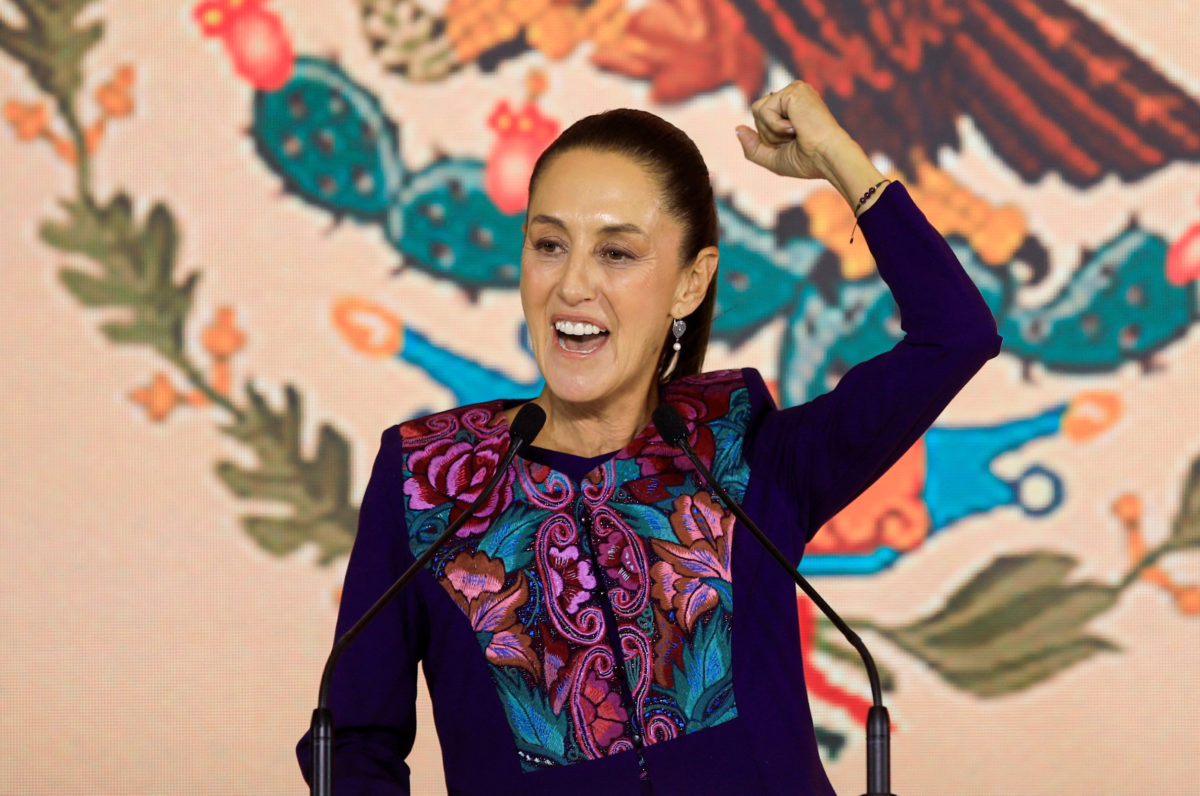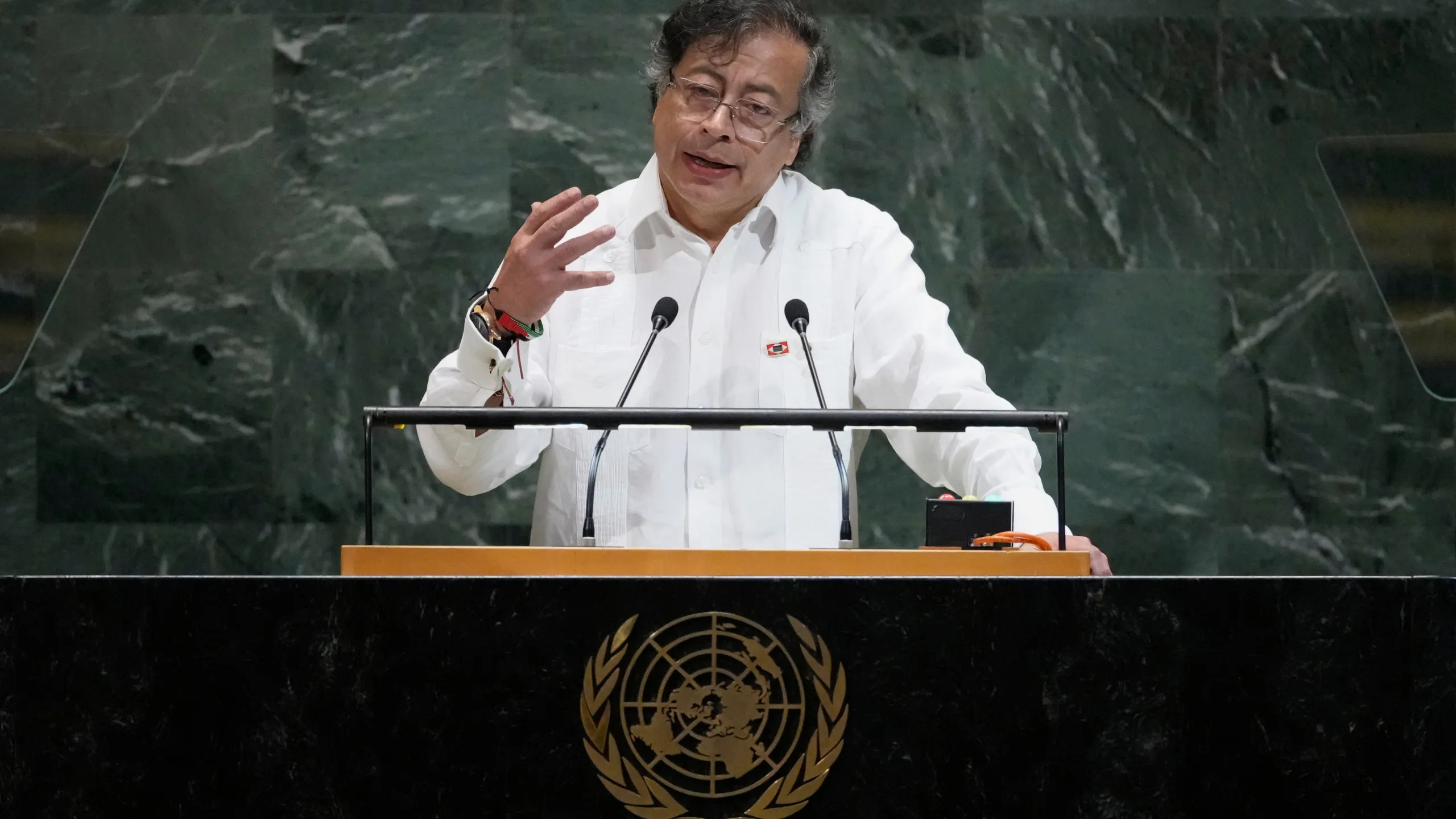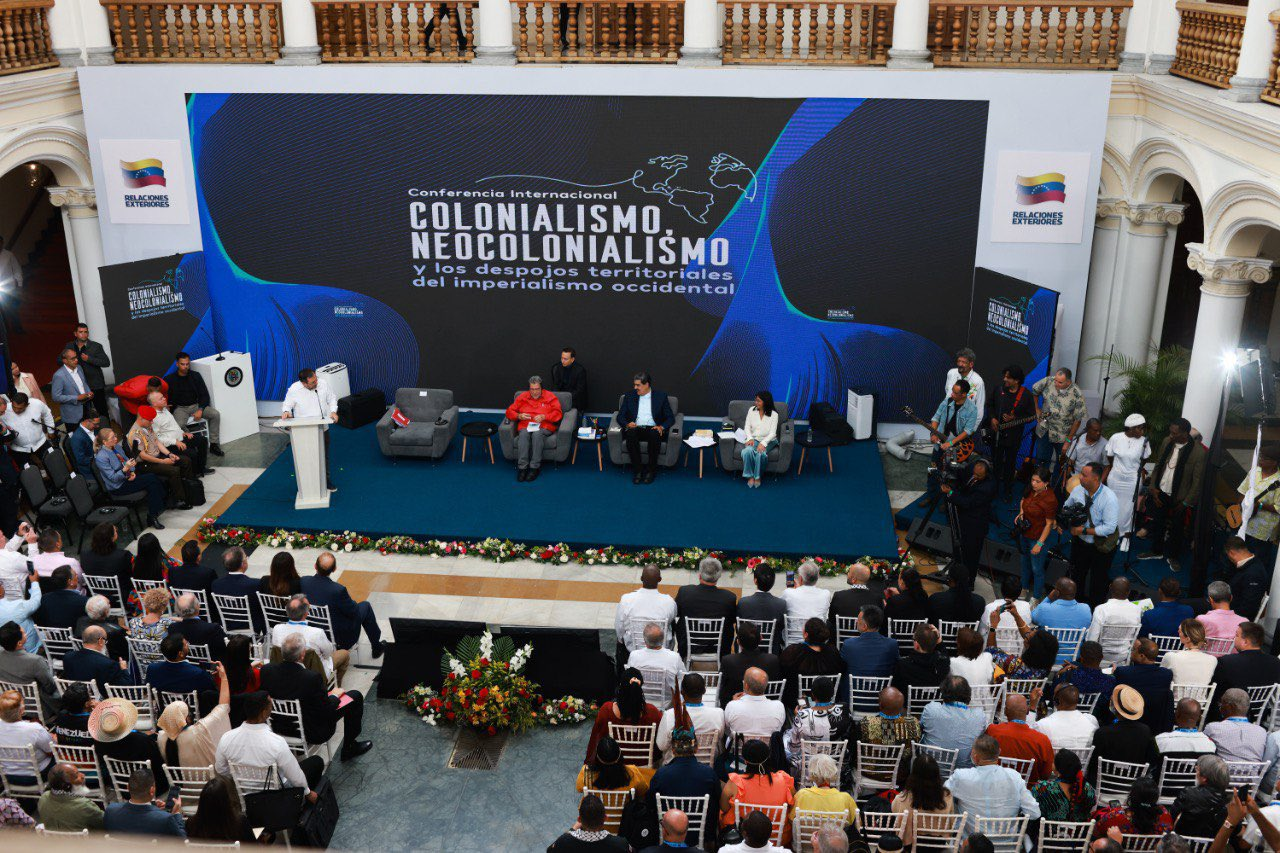On Thursday, the 21st of August, the Standing Committee of the Mexican Congress ratified the appointment of Genaro Lozano as the nation’s newest ambassador to Italy in a 25 to 9 vote.
The appointment by the President of Mexico, Claudia Sheinbaum, sparked widespread controversy in the country’s diplomatic circles, due to Lozano’s lack of professional experience in the field, his very little training in diplomacy, and no real history of prior positions in foreign service.
Lozano’s background has an eclectic range, from working as a TV personality and media commentator to teaching at the Universidad Iberoamericana with a focus on international analysis and communication. Lozano also has a history of functioning in somewhat more diverse social roles and is someone known to have opinions that have tested traditional social norms in Mexican culture.
Genaro Lozano is a prominent LQBTQ+ activist, who has gained notoriety in the Mexican media landscape by hosting a debate show called Sin Filtro, or No Filter, which touches on some controversial contemporary topics emerging in Mexican society.

Lozano, who is openly gay, raised eyebrows for making several incendiary statements over the years, including one post on Twitter in 2020 in which Lozano had suggested that adolescents perform anal intercourse as a method to prevent unwanted teenage pregnancy.
Conservative voices in Mexico have accused Lozano of promoting “gender ideology” among children, and have criticized his choice as ambassador to Italy as one that does not “represent Mexican values.”
Other critics have steered clear of the social issues and have been more diplomatic in their opposition to Lozano’s nomination, instead citing his complete lack of experience in the field.
Lozano has pushed back against this opposition when, in his appearance before the committee, Lozano emphasized that he will carry out his duties with “absolute commitment, a vocation for service, and a profound love for the people of Mexico”, and his willingness to strengthen ties between the two countries.
Mexican statesmen and women, familiar with the matter and who have been vocal in their opposition to Lozano’s appointment, while representing the conservative sentiment in Mexican politics, refused to endorse Lozano as a choice for the ambassadorship.
Others have highlighted Lozano’s past criticisms of Prime Minister Meloni of Italy as a reason for disqualification, pointing out that his appointment could strain relations with the European power.
Conservatives in Mexico who argue that Lozano does not represent traditional Mexican values claim that they are humiliated by the choice, some even urging the Italian prime minister to reject Lozano’s appointment, and to declare Lozano persona non grata and expel him from the country before the ambassador even arrives.
The appointment, however, will no doubt strain the more traditionally conservative social norms of a Latin American country that has remained obstinate to the widening advance of social progressivism that has gained ground in the region for years.

















